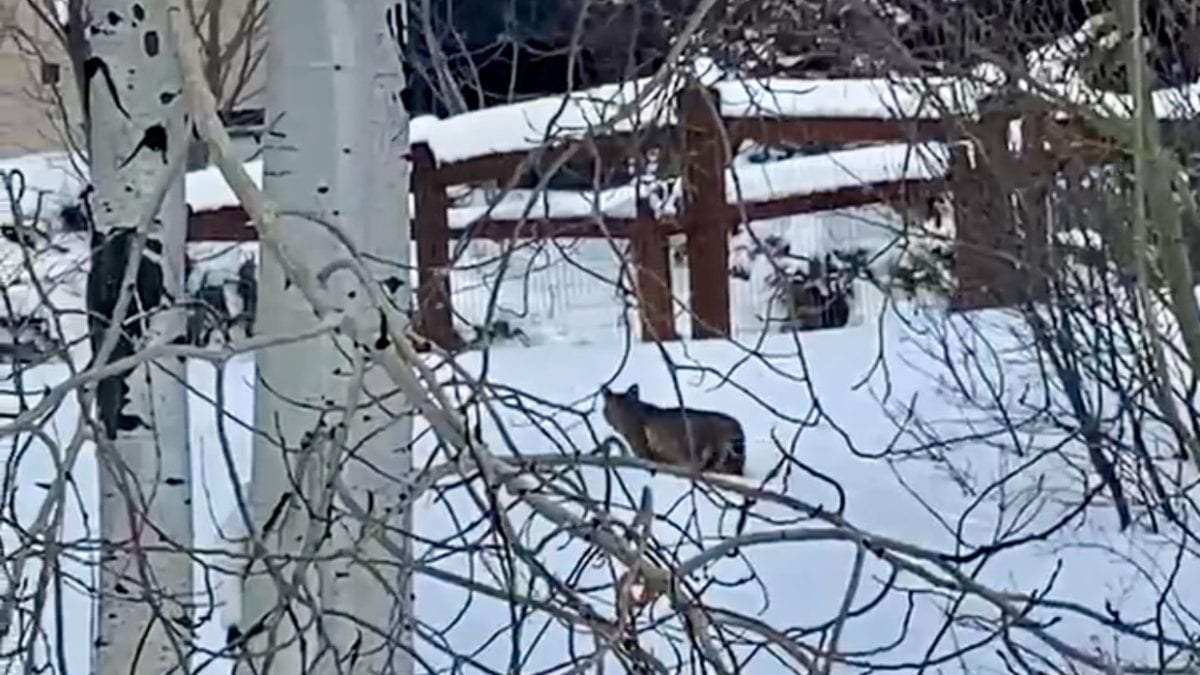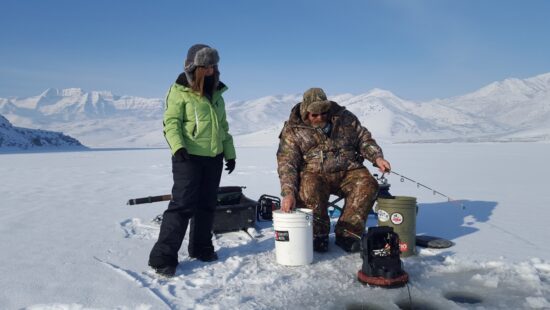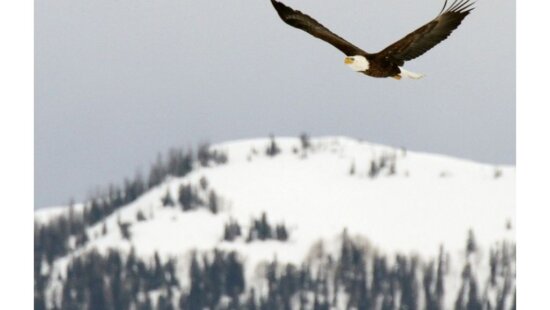News
Sharing your yard with Bobcats: What to Know

With snow making it harder for bobcats to hunt for food, they have been highly visible around town lately. Photo: Courtesy of Lydia Rupnow
PARK CITY, Utah. — Online community platforms such as Facebook and Nextdoor have been abuzz with videos, stories, and pictures of bobcats in the last few weeks. Footage from home-security systems like Ring have captured the animals catting around and looking a little alarming. Particularly for those new to the area, bobcat activity has been disconcerting, and residents have questions about what to do – or not do – about their presence in yards and under decks.
Darren Debloois, game mammals program coordinator for the state Division of Wildlife Resources, is aware of the hubbub but isn’t sure there are any more bobcats around than usual.
“With everybody now getting their security cameras, it could be that [bobcats] always were kind of there, and people just didn’t notice until they had cameras to catch [footage],” he said.
Bobcat sightings can incite fear and uncertainty in homeowners or renters, especially in households with pets and/or small children. Recorded incidents of bobcat attacks, however, are not common. And bobcats tend to avoid humans and pets whenever possible, Debloois said.
“These are large cats, but they’re not that much larger than the large domestic tomcat,” Debloois said. “I’m not even aware of an incident in Utah where someone, [or even a pet], has been attacked by a bobcat. It’s just really, really rare. So, it’s not something people need to really worry about. There’s a potential that [bobcats] could come into contact with smaller pets, but it’s rare. And you’re more likely to lose them to a coyote than a bobcat.”
One of the many draws to life in a mountain town is close proximity to nature. With that comes a responsibility to respect all the critters who share the community. What people should not do is try to approach bobcats, trap them, attempt to deter their presence by putting toxins in yards, or cause them harm in any way.
So, what should someone do if they encounter a bobcat? According to Debloois, just check it out – it’s not every day people get to interact with wildlife.
“What I do is just stop and observe it, and I’d expect it to move on its way,” Debloois “They’re most active in the morning and the evening. During the day, you’re really not likely to run across one.”
Bobcats are common throughout Utah. They inhabit rocky terrains, mountains, and canyons, which Park City has in abundance. They hunt small mammals such as mice, hares, squirrels, or voles. They will also hunt birds, much like a house cat.
The recent onslaught of snow affects the patterns of wild animals like bobcats. “If you get a lot of snow and they can’t access mice, and voles, and things that are under the snow, they may shift their behavior and move. Sometimes you may have an individual animal, or two or three animals, that move into an area and hang out for a little while and then move on,” said Debloois.
Anyone approached by a bobcat that seems undeterred by human presence should report the sighting to the Utah Department of Wildlife Services, as this could be a sign of a dangerous rabies infection.
A lone bobcat roaming the Snyderville area of Park City:




















